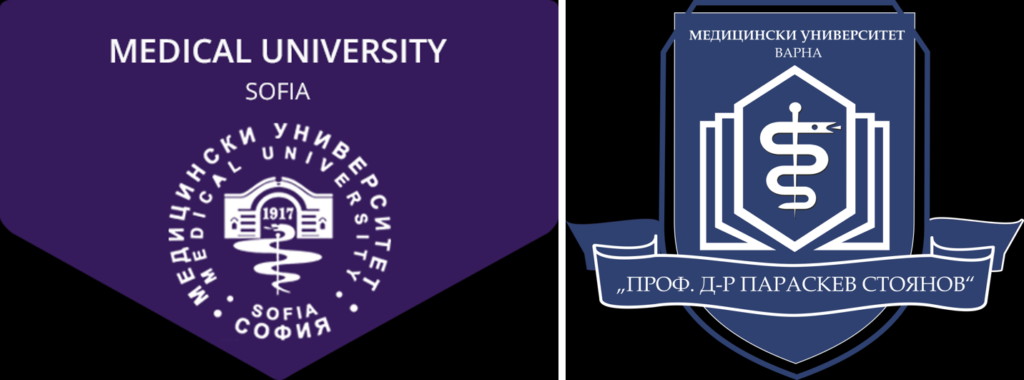04/04/2023
Frédérique Jaisser, research director in the team « Metabolic Diseases, Diabetes and co-morbidities », and Lubka Roumenina, research director in the team “Inflammation, Complement and Cancer”, are winners of Inserm’s 2022 International Research Project call.
Since 2020, Inserm has been supporting international collaboration projects with a maximum of 75,000 euros over 5 years for partnerships in consolidation.
This year, 2 projects presented by CRC researchers are among the 24 winners.
Frédéric Jaisser for the continuation of a project initiated with the Navarrabiomed Instituto of Pamplona (Spain) and Lubka Roumenina for the consolidation of a project initiated with two Bulgarian universities, the Medical University Sofia and the Medical University Varna.
Details of the projects:

Mineralocorticoid receptor antagonism and aortic valve calcification in chronic kidney disease (Miravac-CKD)
Frédéric Jaisser. Centre de recherche des Cordeliers, Paris ; Navarrabiomed Instituto, Pamplona (Espagne).
Chronic kidney disease (affecting 10% of the world’s population) causes progressive loss of kidney function and is a major contributor to cardiovascular disease. Miravac-CKD proposes to gather clinical, preclinical and translational data, and measure gender involvement, to support the therapeutic value of mineralocorticoid receptor antagonism in the calcification of aortic valves associated with this disease.

Autoantibodies to complement proteins: role in immune dysregulation and renal injury in lupus nephritis (AutoCompLN)
Lubka Roumenina. Centre de recherche des Cordeliers. Paris; Department of Nephrology, Medical University Sofia, Sofia (Bulgarie); Department of Biochemistry, Molecular Medicine and Nutrigenomics, Medical University Varna, Varna (Bulgarie)
By combining multiplexed imaging, spatial transcriptomics on renal biopsies, and functional characterization of autoantibodies against complement proteins, AutoCompLN will attempt to improve the understanding of the pathophysiology of lupus nephritis. If some of the autoantibodies studied prove to be more effective than the markers currently used (for assessing activity, predicting relapses or severe forms of the disease), the detection methodology will be easily applicable in diagnostic laboratories and will thus improve patients management.

